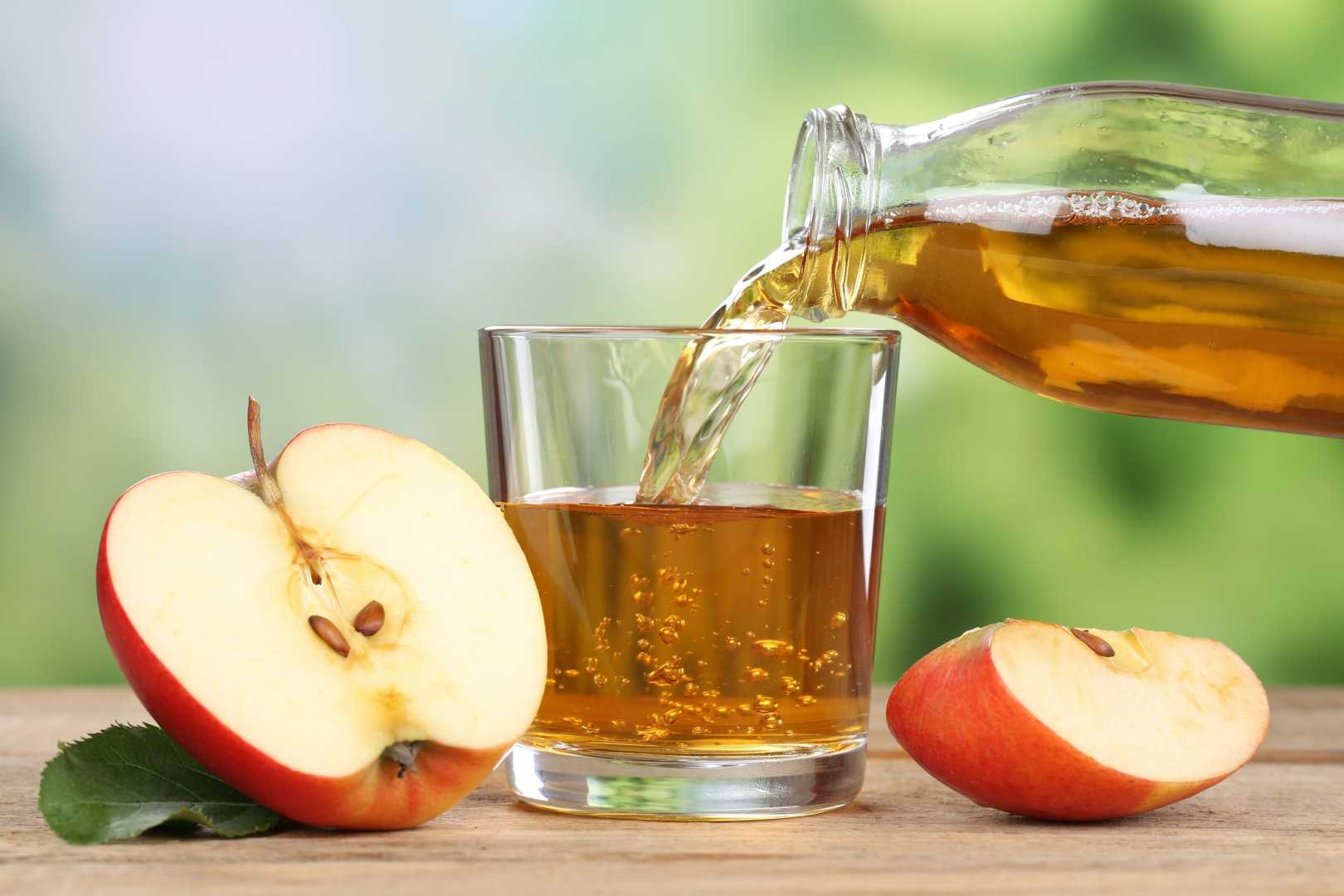Health
Health Departments Warn of Risks Associated with Unpasteurized Apple Cider

Unpasteurized apple cider is a traditional fall favorite, yet it can pose health risks if proper precautions are not taken. Several local health departments are advising consumers to be vigilant about the potential dangers of consuming cider that hasn’t undergone pasteurization. The Illinois Department of Public Health emphasized on social media the importance of recognizing the risks associated with unpasteurized cider, which can harbor harmful bacteria.
Apple cider is typically unfiltered and remains unpasteurized, giving it a characteristic murky, golden appearance. The Ogle County Health Department in Illinois noted that most apple orchards do not pasteurize their cider since it is not legally mandated. A representative stated, “Apple cider is typically unfiltered and unpasteurized. Most apple orchards don’t take the time to pasteurize because it is not required.”
Similarly, health authorities in Georgia echoed the concern and reminded consumers to check product labels for pasteurization status. The Fulton County Health Department in Illinois warned, “Apple cider is a seasonal favorite, but when left unpasteurized, it can pose a risk of foodborne illness.” The Centers for Disease Control and Prevention advises consumers to boil any unpasteurized cider before consumption to ensure safety.
According to the Food and Drug Administration (FDA), most juice sold in the United States is either pasteurized or subjected to heat treatment to kill off harmful bacteria. However, untreated juices and ciders, often available at grocery stores, farmers’ markets, and cider mills, may not be and should bear a warning label. The FDA requires this warning to inform consumers that such products might contain harmful bacteria capable of causing severe illness, especially in children, elderly individuals, and those with weakened immune systems.
However, the FDA does not mandate labeling for juices or ciders sold by the glass at apple orchards, roadside stands, or juice bars. This lack of labeling can leave consumers uncertain about the safety of their beverage. The FDA advises individuals to inquire about the pasteurization status if the information is not clearly stated.
Food safety concerns arise from the potential contamination of apples, which can occur when fallen fruit comes into contact with animal feces in orchards. This contamination can transfer bacteria such as Salmonella, E. coli, and parasites like Cryptosporidium into the cider. To mitigate these risks, boiling the cider at home is a recommended method to replicate the effects of pasteurization, effectively killing off harmful bacteria. Once boiled, the cider can be safely refrigerated for up to ten days.












